Humanistic meaning
The year 2025 marks the 50th anniversary of the Liberation of the South and National Reunification Day (April 30, 1975 - April 30, 2025). This is an opportunity for the whole country to pay tribute to the great sacrifices of previous generations, and to continue to carry out the work of "Repaying gratitude" - a fine moral tradition of the Vietnamese people. However, according to statistics from the authorities, there are currently about 500,000 unidentified martyrs nationwide, of which Khanh Hoa has nearly 3,000 cases. These numbers are the pain and torment of families as well as authorities at all levels from the central to local levels.
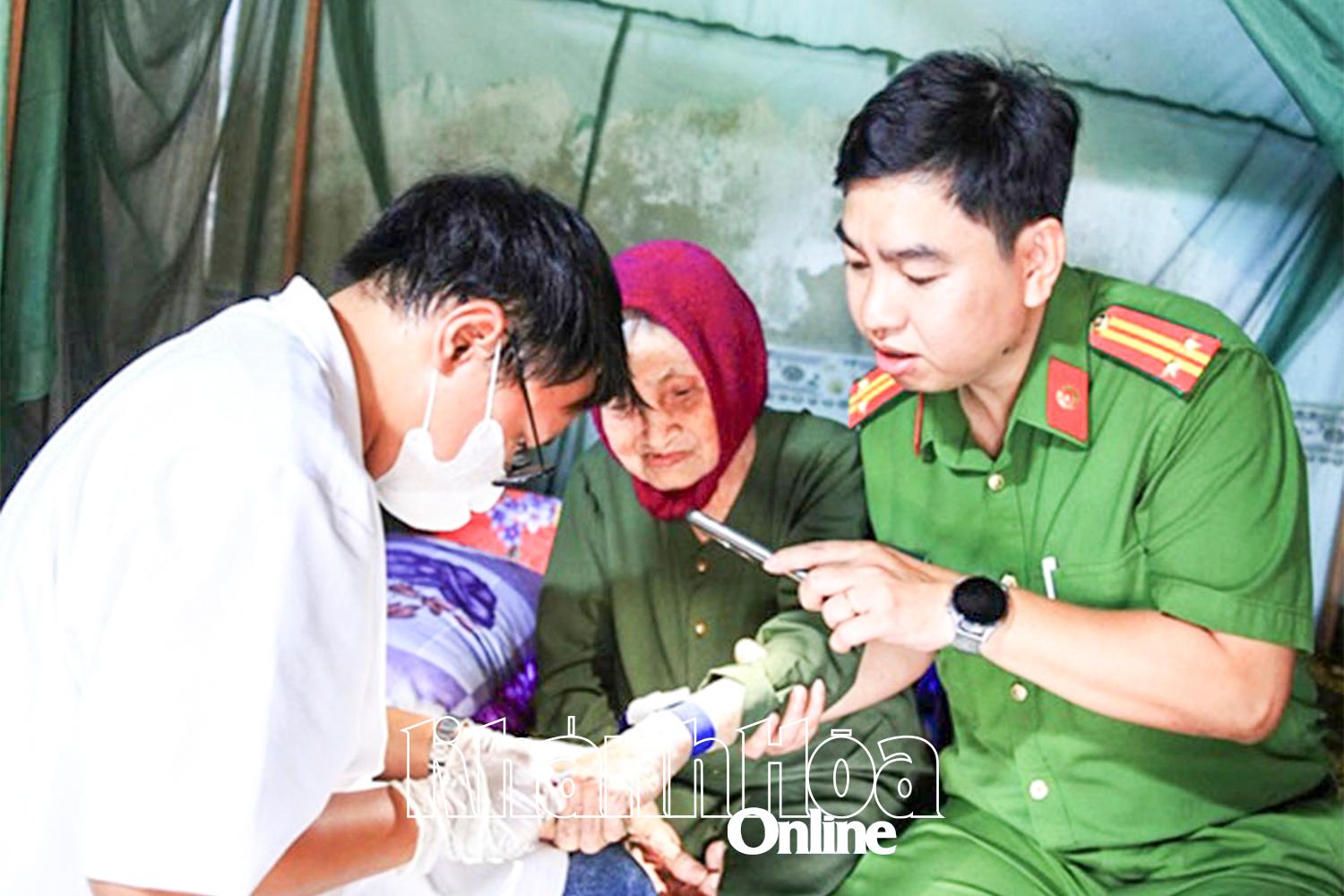 |
| The working group went to the martyr's mother's house to collect DNA samples. |
According to the leader of the Department of Administrative Management of Social Order, collecting DNA samples to build a "Genome Bank for Unidentified Martyrs and their Relatives" is a modern scientific solution, demonstrating the State's determination to identify martyrs. DNA technology with its ability to accurately analyze genetics opens up hope for identifying martyrs from unidentified remains, helping families find their loved ones and end decades of pain.
The DNA collection program not only has scientific significance but also is a profound act of gratitude. In Khanh Hoa, recently, the police force organized a working group to directly visit each house to collect DNA samples for the mothers of martyrs, demonstrating the thoughtfulness and respect of the police force for the mothers of martyrs. This action not only creates favorable conditions for the families but also sends a message that society always remembers and appreciates the sacrifices of martyrs.
The Story of Gratitude
One of the touching stories recorded during the DNA sampling campaign was that of Vietnamese Heroic Mother Le Thi Doc (99 years old, living in Ha Lien Residential Group, Ninh Ha Ward, Ninh Hoa Town). Vietnamese Heroic Mother Le Thi Doc is the mother of two martyrs Nguyen Chang and Nguyen Quyen, but to this day the remains of both children have not been found. Although her health is poor and she cannot walk, her spirit is still full of hope when the working group comes to her house. Her excitement is not only her personal wish but also the aspiration of martyrs' families across the country, which is to find their loved ones, even if it is just a name on a tombstone. The image of the working group going to each house to collect DNA samples and giving gifts to express gratitude and encouragement to the mothers clearly depicts the spirit of "remembering the source of water when drinking water". Although the gifts are small, they are the heart and gratitude for the sacrifices of the martyrs.
According to the leader of the Department of Administrative Management of Social Order, before implementing the recent DNA sampling campaign, the provincial police had made careful preparations. Since August 2024, the police force has coordinated with relevant agencies to screen and identify nearly 3,000 relatives of unidentified martyrs. This is a huge amount of work, requiring meticulousness, accuracy and close coordination between agencies. Continuing to screen and collect DNA from other relatives shows Khanh Hoa's determination not to miss any cases.
The collaboration with GeneStory Company, a unit specializing in genetic analysis, shows the professionalism in the program's approach. DNA technology is not only a scientific tool but also a bridge between the past and the present, between the silent sacrifices and the gratitude of today's generation. Accordingly, collecting DNA samples to identify martyrs is a big step forward, but also faces many difficulties. First of all, the number of unidentified martyrs nationwide is very large, requiring significant financial, human and time resources. In Khanh Hoa alone, the number of nearly 3,000 martyrs without information about their graves or remains is a difficult problem, especially when many relatives of the martyrs are old, in poor health, or have passed away; next is that although DNA technology is advanced, it still requires close coordination between sample collection, analysis and comparison with the martyrs' remains. This process requires not only technical skills but also precision in the storage and management of genetic data. The establishment of a martyrs’ gene bank is the right step, but for this bank to operate effectively, it requires long-term and synchronous investment. In particular, it must be done with transparency and with full psychological support for families.
JACKIE CHAN
Source: https://baokhanhhoa.vn/xa-hoi/202505/no-luc-xac-dinh-danh-tinh-liet-si-qua-mau-adn-f2819d2/


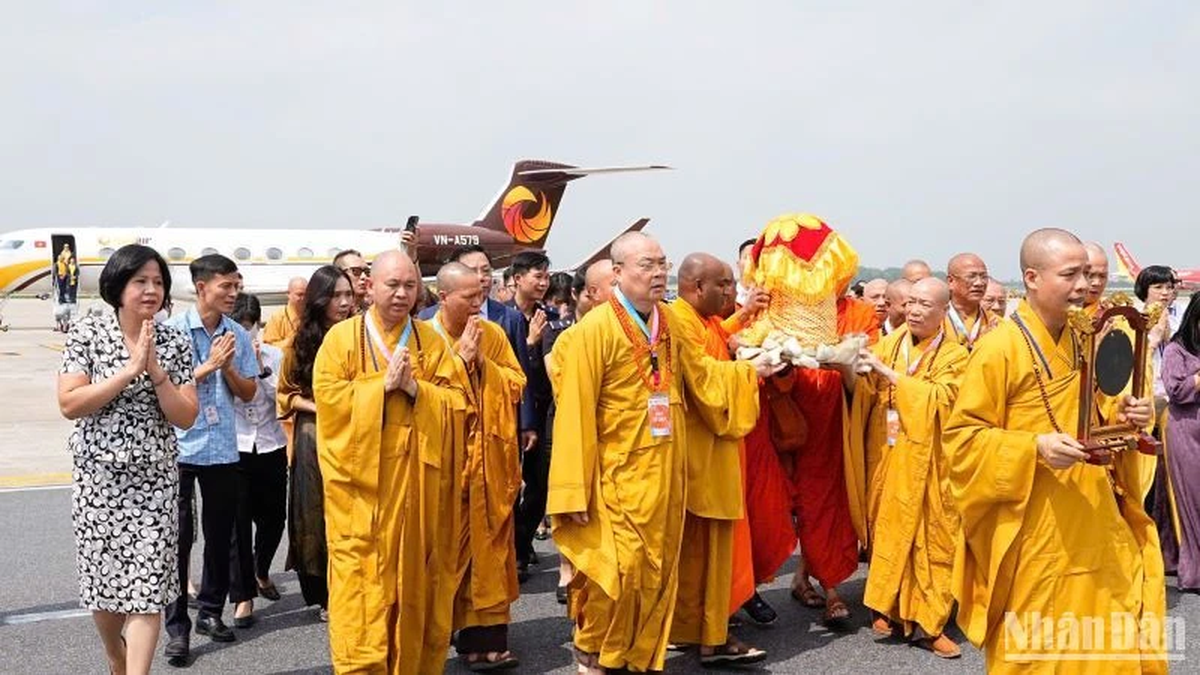
![[Photo] Prime Minister Pham Minh Chinh receives Ambassador of the French Republic to Vietnam Olivier Brochet](https://vphoto.vietnam.vn/thumb/1200x675/vietnam/resource/IMAGE/2025/5/13/f5441496fa4a456abf47c8c747d2fe92)
![[Photo] Many people in Hanoi welcome Buddha's relics to Quan Su Pagoda](https://vphoto.vietnam.vn/thumb/1200x675/vietnam/resource/IMAGE/2025/5/13/3e93a7303e1d4d98b6a65e64be57e870)

![[Photo] President Luong Cuong awarded the title "Heroic City" to Hai Phong city](https://vphoto.vietnam.vn/thumb/1200x675/vietnam/resource/IMAGE/2025/5/13/d1921aa358994c0f97435a490b3d5065)
![[Photo] President Luong Cuong attends the inauguration of the international container port in Hai Phong](https://vphoto.vietnam.vn/thumb/1200x675/vietnam/resource/IMAGE/2025/5/13/9544c01a03e241fdadb6f9708e1c0b65)

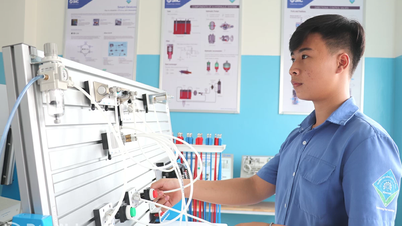
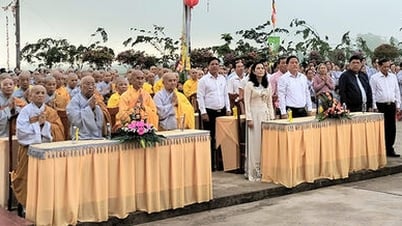
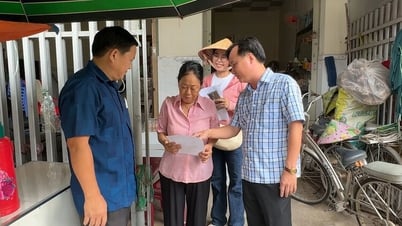
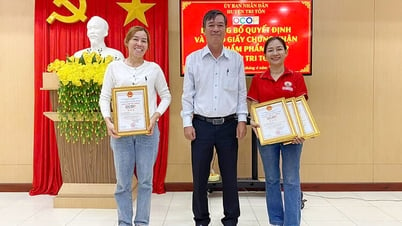






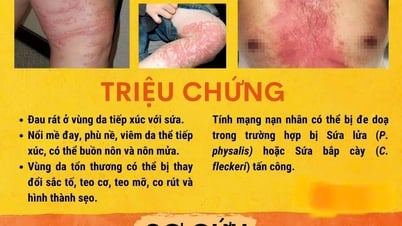

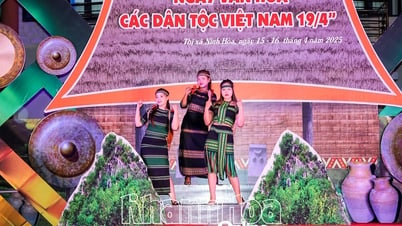
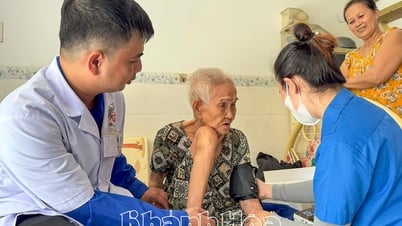


















































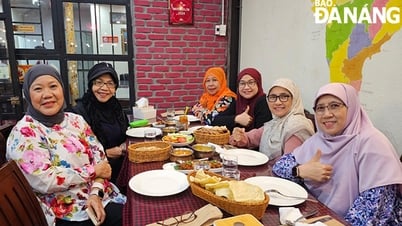



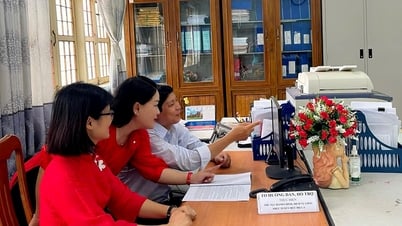

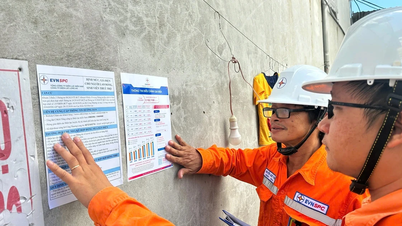
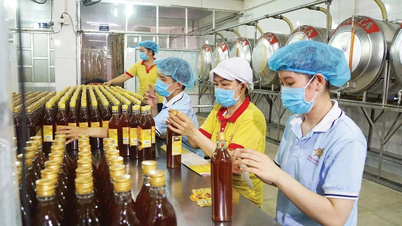
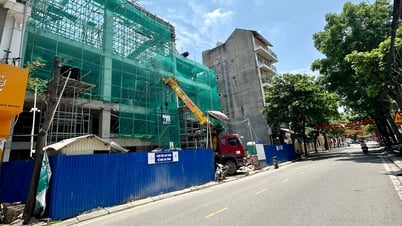











Comment (0)